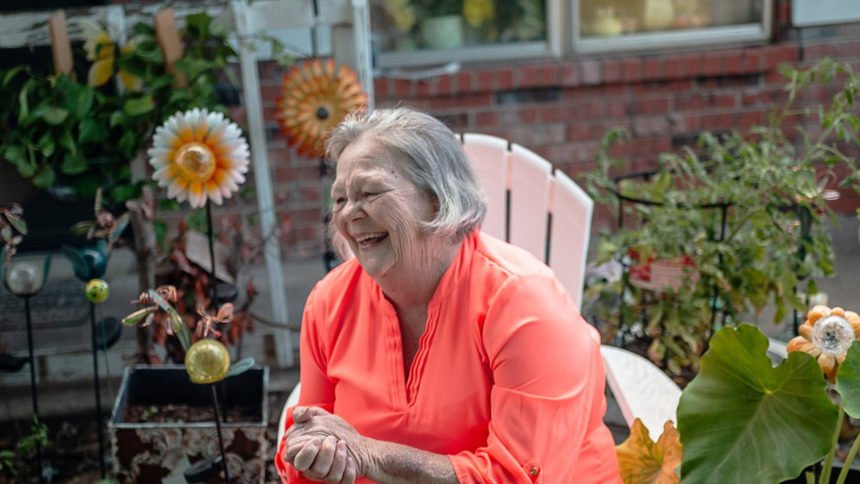Considering cataract surgery? Here’s what you should know

(BPT) - Betty White, 65, is no stranger to poor vision. She has worn glasses for much of her life. But recently, her glasses weren't helping. She could no longer enjoy her favorite pastimes: playing piano and gardening.
"My vision began to limit everything I did," White said. She knew she needed to see an ophthalmologist - a physician who specializes in medical and surgical eye care - to find out what was wrong. But she didn't have the money to pay for an exam.
An Internet search turned up EyeCare America, a national public service program that provides access to medical eye exams for underserved older Americans. After completing an online questionnaire, she was matched with an ophthalmologist near her hometown of Beggs, Oklahoma.
Ryan P. Conley, M.D. diagnosed White with cataracts. Cataracts occur as part of the body's natural aging process. Being diagnosed with cataracts does not always mean that surgery is immediately required. In the early stages, cataracts may not change vision significantly and minor changes may be improved with prescription glasses. But as the cataracts continue to mature over time, they may cause vision loss that can interfere with daily life, just like White experienced.
"Dr. Conley was amazing," White said. "He restored my sight. The surgery was pain free and so successful that I still can't get used to not reaching for my eyeglasses. I worked hard all my life on rotating shifts in factories and thank EyeCare America for caring about people like me. I'm now back to playing the piano, gardening and seeing my son and grandson more clearly."
How to determine if it's time for surgery
Nearly 25.7 million Americans over age 40 have cataracts and the number is projected to increase to 45.6 million by 2050. While the only way to remove cataracts is with surgery, the right time to have surgery depends on the individual patient.
Although the prospect of cataract surgery can be intimidating, the procedure itself is the most common elective surgery among Medicare beneficiaries in the United States. Multiple studies have shown that it can improve quality of life, reduce the risk of falling and the risk of car crashes.
To determine if you're ready for cataract surgery, ask yourself these four questions:
-- Are your cataracts impacting your daily or occupational activities?
-- Are your cataracts affecting your ability to drive safely at night?
-- Are your cataracts interfering with the outdoor activities you enjoy?
-- Can you manage your cataracts in other ways?
EyeCare America has helped millions
Getting a medical eye exam can be costly, which is why the American Academy of Ophthalmology launched EyeCare America. Since its inception in 1985, the program has helped nearly 2 million people with sight-saving care and resources; and for many, often at no out-of-pocket cost.
See if you qualify
More than 5,000 volunteer ophthalmologists fuel this program's success. The EyeCare America Seniors program provides a comprehensive eye exam and care for up to one year to eligible patients. Those not eligible for the Seniors program will be screened for the Glaucoma program.
EyeCare America serves U.S. citizens or legal residents who do not belong to an HMO.
Seniors program eligibility:
-- Be age 65 or older
-- Have not seen an ophthalmologist in three or more years
Glaucoma program eligibility:
-- Have not had an eye exam in 12 months or more
-- Be at increased risk for glaucoma, determined by age, race and family history of glaucomaFor more information about EyeCare America or to see if you or others are qualified to be matched with a volunteer ophthalmologist, visit aao.org/eyecareamerica. EyeCare America is co-sponsored by the Knights Templar Eye Foundation, with additional support from Alcon and Regeneron.
